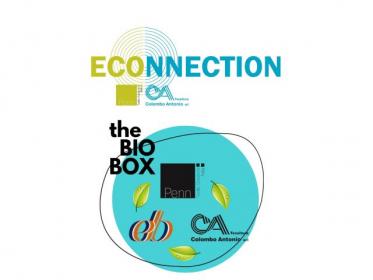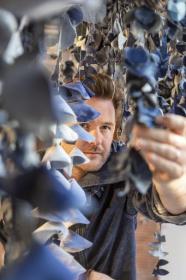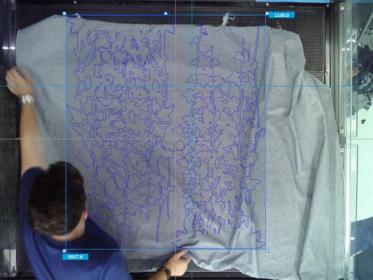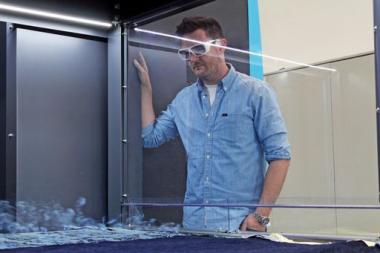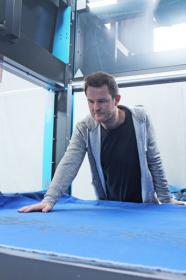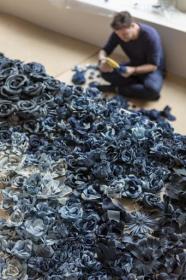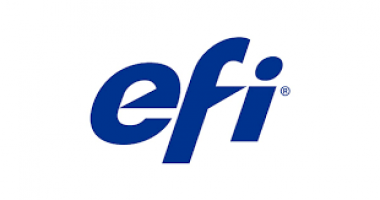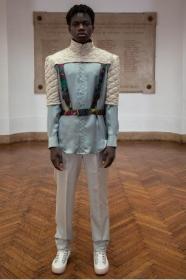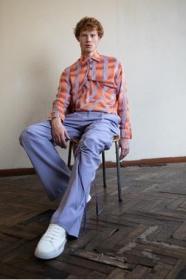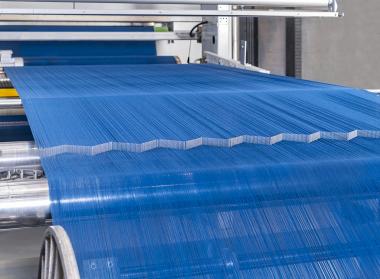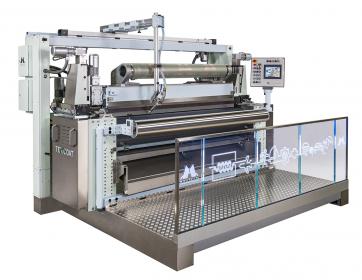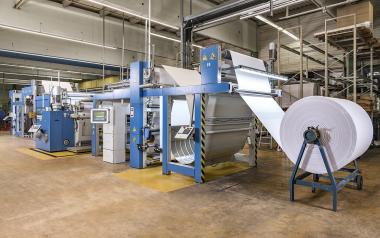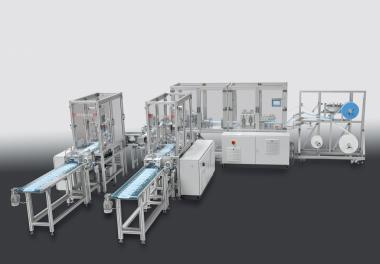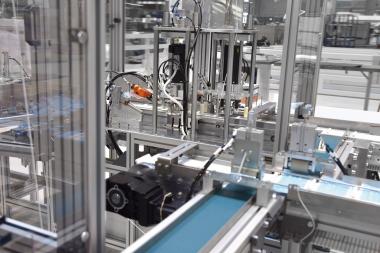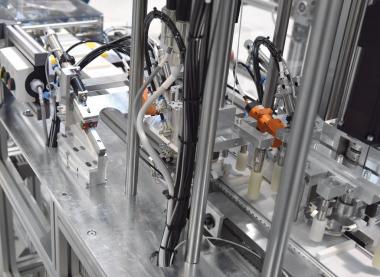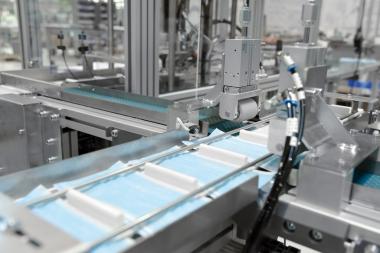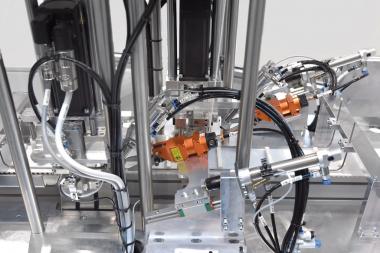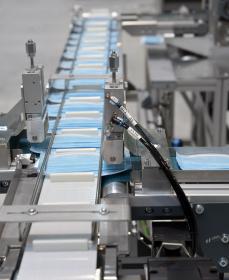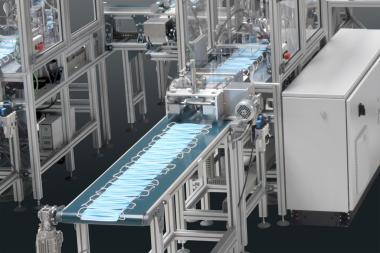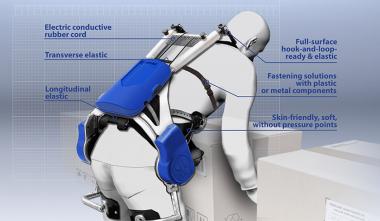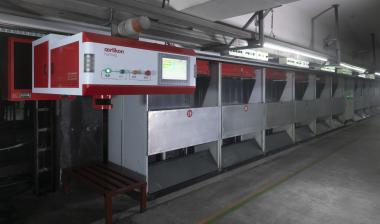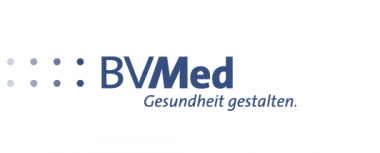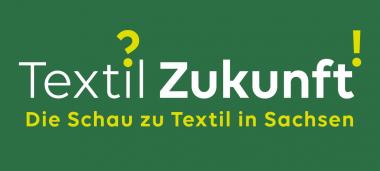Penn Textile Solutions: Collaborative business model gives life to ECONNECTION
Penn Textile Solutions/Penn Italia - international company producing and developing innovative fabrics through warp and weft knitting technologies, Tessitura Colombo Antonio, famous for the processing of lace and ribbons dedicated to the world of corsetry, Elastici Besana specialized in the production of narrow elastic for corsetry and underwear, have been working together to expand the frontiers of sustainable manufacture practices and to offer an innovative collection, a new set of eco high tech innovations delivering a responsibility concept including also the end of life: ECONNECTION.
The responsible ECONNECTION collection, in which the words ECO and CONNECTION mixed to underline the importance of connect and come together for a sustainable project, features:
- 7 advanced knitted stretch fabrics by Penn Textile Solutions/Penn Italia,
- 3 precious laces by Tessitura Colombo Antonio
- 3 functional bands by Elastici Besana
The project opened up the door to new generation of ingredients such as:
- ROICA™ V550 made by leading fiber manufacturer Asahi Kasei, a premium sustainable stretch yarn that at the end of his life smartly breaks down without releasing harmful substances in the environment according to Hohenstein Environment Compatibility Certification and also boasting the Gold Level Material Health Certificate by Cradle-to-Cradle Product Innovation Institute** as it has been evaluated for impact on human and environmental health.
- Amni Soul Eco®, the world’s first biodegradable in anaerobic conditions polyamide 6.6 yarn that degrades in around 5 years* after disposing in landfill, developed by SOLVAY and produced and distributed in Italy by FULGAR.
Penn Textile Solutions Tessitura Colombo Antonio Elastici Besana Sustainability weft knitting
GB Network


